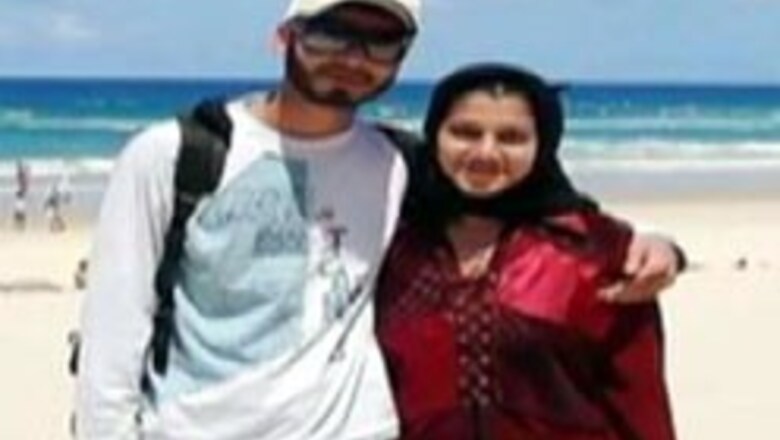
views
New Delhi: Australia's police chief on Sunday said that the probe into the case of Indian doctor Mohammed Haneef, absolved of terror charges in connection with failed car bombings in UK, had faced several obstacles including wrong information from British investigators.
British police initially told Australian investigators that Haneef's SIM card had been found inside a jeep used by his second cousin Kafeel Ahmed in a failed car bombing in Glasgow on June 30.
Instead, the SIM card had been found in the home of Kafeel's brother, Sabeel, in Liverpool several hundred kilometres from the attack scene.
"Whatever else you may think of Haneef, the fact remains his SIM card was found in the possession of the person labelled as a suspect in the failed terror attack,” Australian Federal Police Commissioner Mick Keelty said.
Pointing to the two steps that went against the investigation team, Keelty said "One, Haneef attempted to leave the country on July 2. If we had let him go we would have been accused of letting a terrorist escape our shores."
“Secondly, once the Commonwealth Director of Public Prosecutions (DPP) had advised the federal police to charge Haneef, they could no longer hold him in detention under the Government's counter-terrorism laws, “ he added.
"We were obliged to charge Haneef," Keelty said, agreeing that the DPP's advice may have been premature. "Had the DPP not said there was sufficient evidence to charge him, the investigation team could have continued detention or let him free while continuing the investigation."
Keelty said that the case had also been poorly handled by some sections of the media.
There is a lot of confusion at the beginning of any complex investigation. Errors in the investigation came to Australian police from the UK. The Australia police was under time pressures.
On Immigration Minister Kevin Andrews's intervention in the case, Keelty said "You can't blame Andrews (who cancelled Haneef's visa). "He acted on our information."
The Commissioner also expressed dismay at Queensland Premier Peter Beattie's criticism of the federal police as "Keystone Cops", pointing out that 200 Queensland police personnel were involved in the investigation and suggesting that Beattie had communication problems with his own police.
Keelty blamed the Queensland Department of Health for releasing Haneef's name to journalists and setting off media frenzy.
He said he would discuss with the Federal Government whether Andrews' decision to cancel Haneef's visa occurred at the most appropriate time in the investigation.
Keelty also called on the Bar Association of Queensland to severely reprimand Haneef's barrister Stephen Keim for leaking his client's police interview to the media.
















Comments
0 comment